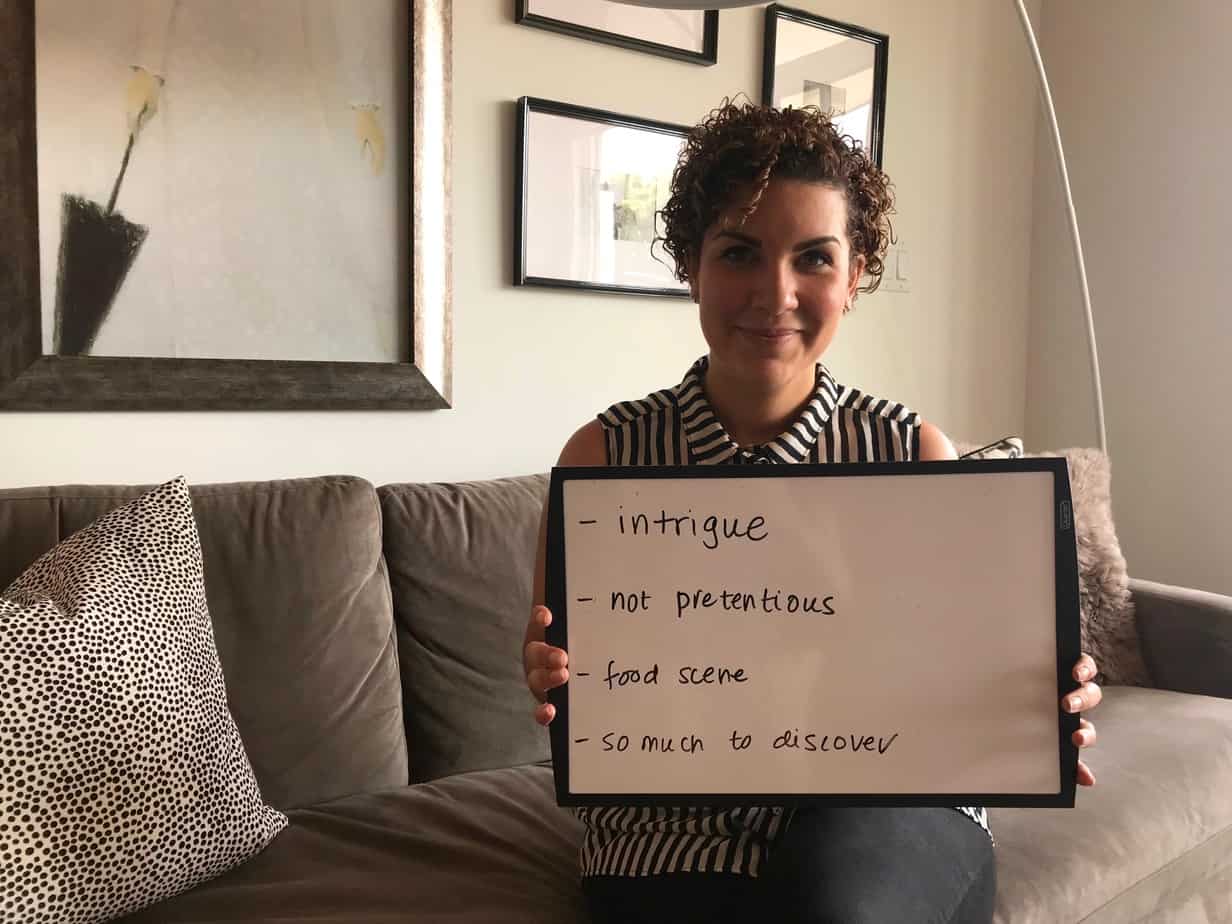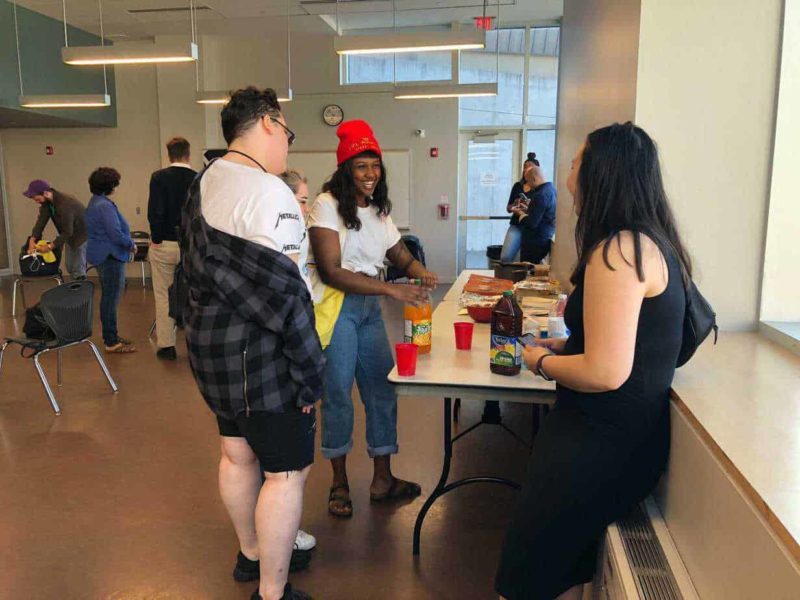
If you’ve been following this newsletter, you know we’ve been working on project #GTADiscourse for the past month, talking to residents in Greater Toronto Area communities whose diverse stories are misrepresented or simply not told by existing media.
We asked the same 11 questions to residents of Little Portugal, Brampton, Scarborough and Willowdale — including one about their perception of local media coverage — and heard so many incredible stories. There were consistent themes, pain points and opportunities for us to fill information gaps through our reporting.
Many thanks to everyone who took the time to tell us stories about themselves and the place they call home. Since #GTADiscourse is coming to an end (for now), we want to leave you with three things we learned:
- GTA millennials are tired of seeing the same crisis-driven coverage of urban issues, like housing and gentrification. They already know about the challenges of living in the GTA, and are looking for solutions instead.

Julia Tuitt-Mann, a 30-year-old interior designer based in Little Portugal, explains:
“Just the whole housing market thing, I think it freaks a lot of us out. Everybody in this age group that I talk to is panicking, but yet we don’t feel supported,” she says. “Then you see the reports on TV. It only gives certain facts but not any type of advice to how we could approach it. They’ll say, ‘The average home in Toronto is now $1.3 million,’ and you’re thinking: Is it even worth trying? There could be a report done that could maybe give a little insight or a little encouragement to the young population to say, ‘Here’s where the economy is going in the future; here’s what could happen. Keep working hard and don’t all move out to the suburbs.’”
2. The GTA is huge and incredibly diverse. Residents are ready for media that reflects the nuanced perspectives within communities, instead of perpetuating stereotypes and stigma.

Diriye Hassan, 26, has spent his whole life seeing media coverage of Scarborough that doesn’t match his lived experience.
“You see Scarborough on the Toronto TV shows or news shows, generally, when something has gone wrong … despite how much incredible stuff is happening,” he says. “Usually, Scarborough comes up when it’s a safety incident or something horrible has happened,” Diriye adds. “Part of the issue with Scarborough [is] it’s so massive that … [the media] doesn’t contextualize issues for where they happened. If something happens at Steeles and Victoria Park or it happened, let’s say, at Morningside and Ellesmere, they’re nowhere near each other, but [the media] covers the same very small concentrated area.”
3. Although existing media provides an overview of major issues in the GTA, industry layoffs and newspaper closures have left major holes in hyperlocal coverage. Residents want to see journalists go beyond traffic updates and get to the heart of local issues. They want stories that hold politicians accountable, ask critical questions and set the table for solutions-oriented dialogue in their communities.

Andrea Nann, a dancer, and Andy Maize, a singer, live Toronto’s west end. They say engaged neighbours contribute to an excellent email list that keeps community members in the loop, but that its coverage is primarily driven by events. “A lot of the community papers are more about parties and gatherings, and they’re not so much about really investigative news,” Andrea says.
Both Andrea and Andy hope to see deeper coverage of development, transportation, arts and community discussions from local media.
“What’s happening? What are the questions people are asking? What are art people’s concerns? How is Sistering [a local agency supporting vulnerable women] doing?” she adds. “Are people getting the services they need? How are we doing as a community? Are there people getting left behind?”
Help us report on the GTA
Although we’re wrapping up #GTADiscourse, we plan to keep listening! If you enjoyed our coverage, and would like us to continue this project, please let us know at gta@thediscourse.ca. Feel free to suggest communities we should enter and topics we should cover. Then follow us on Facebook and Twitter for updates from our whole team.
Be part of it.
We’d love to keep producing impactful journalism about the places that matter to you, which is why we launched #GTADiscourse. If you want to see more community-driven reporting like this, please sign up to be a member of The Discourse, and help fund our journalism.[end]



